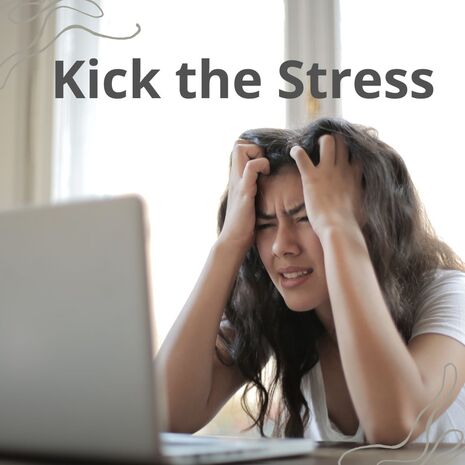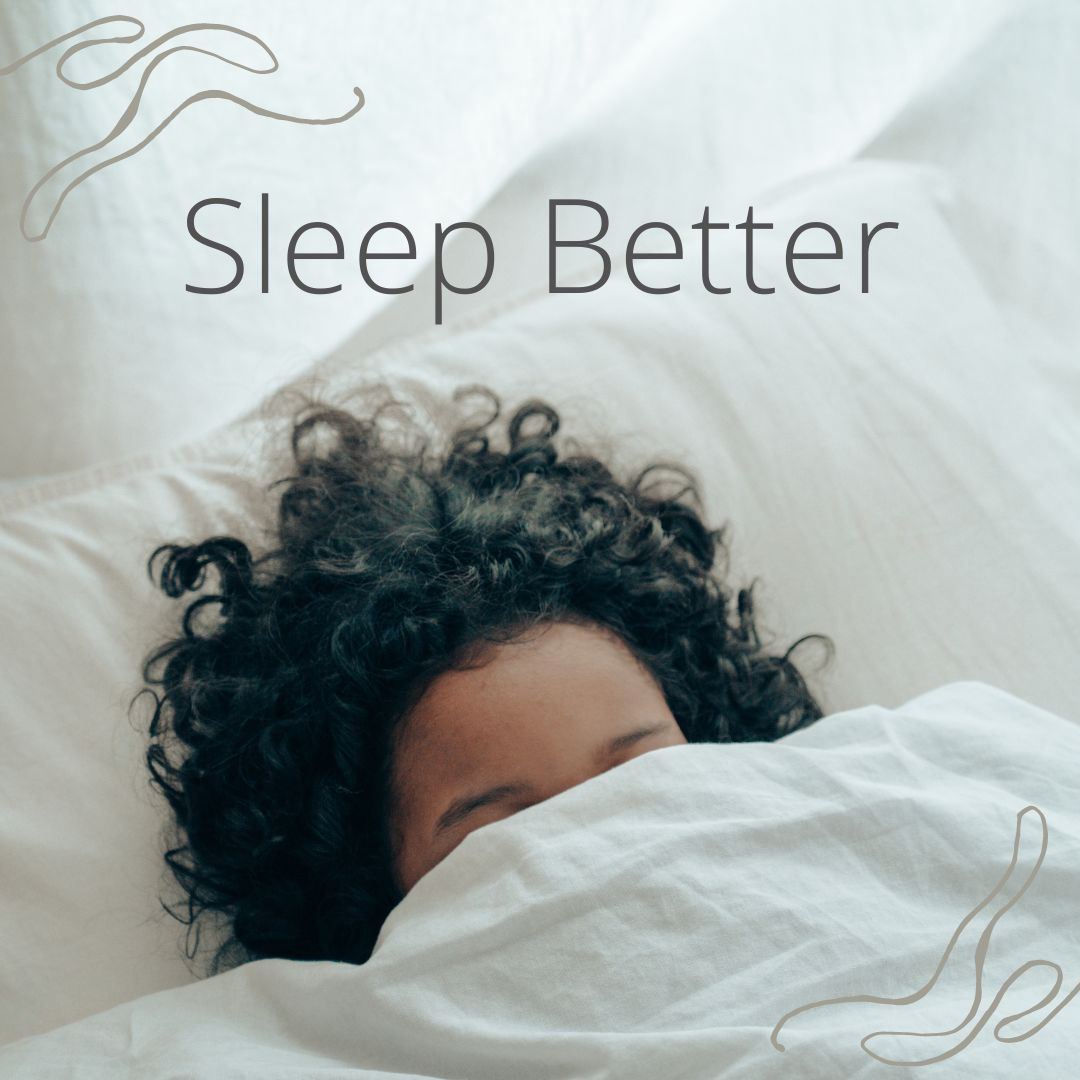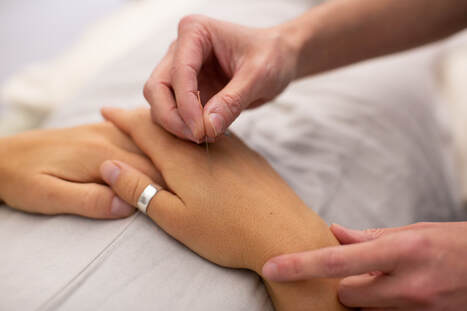Reasons for BloatingThe mere fact that you eat food and have abdominal organs could alone can cause some bloating What's not normal to have a completely flat abdomen all day long while you're nourishing yourself properly with enough calories to sustain good health. So, now that we've gotten that out of the way. There are also some other functional, but not problematic reasons why you might be bloated. Here are just a few of them:
If you've crossed all those off your list and are still bloated, here are some other health-related reasons for bloating you can consider doing a deeper into:
Practical Tips for Attacking BloatingIf there's a serious underlying cause for your bloating, these tips will only get you so far. But if they don't help, it can also be a litmus test that the issue is more complicated and its time to bring on a professional. Tip #1 - Dial in your good eating habits. Bloating is often a result of your body struggling to properly and efficiently digest your food. When food moves through your digestive tract before you can digest it all, your gut bacteria get free reign at it, which can result in bloating. So to minimize this, make sure to engage your parasympathetic system (that good old, rest and digest) while eating. Don't eat on the run, taking 2-3 deep breathes at the table before eating, and chewing your food thoroughly Tip # 2 - Eliminate bloat triggers. Unfair fact - some foods will cause bloating no matter who we are. Foods like gluten, dairy, sugar alcohols, and starches just tend to make us more bloated than other foods. If bloating is messing with your day, try eliminating these foods from your diet for a time and monitor for improvement. Tip # 3 - Determine what foods you're sensitive to. If you have any underlying food sensitivities, those are bound to cause bloating. By using a food journal you can try to identity what sensitivities you may have. When you're sensitive to a certain food, eating it creates inflammation in your GI tract, leading to issues digesting and absorbing all your food, the symptom - bloating arises. Tip # 4 - Address underlying gut infections. Imbalance in the microbiome is a prime culprit when it comes to bloating. Whether that's a bacterial imbalance, parasitic infection, or something else, figuring out what's actually happening in your gut and treating it is your best bet for clearing up that bloating. If you're struggling with bloating and other digestive issues, know that you're definitely not alone. We hope you learned something that can help start you on your journey to better digestive health. If you still need some help and guidance after implementing these tips, drop us a line, we're more than happy to help!
0 Comments
Addressing Stress and BurnoutThe last couple years have hit us hard. The motto of ‘work hard, play hard’ (which is already a fallacy) has been replaced with "work hard and then worker harder because playing and fun are hard to come by". Burnout tends to affect both women than men due to the numerous plates we are supposed to keep up in the air. Our roles as a parents, partners, worker, child, friend etc…. are putting constant demands on us. in this hyper connected yet disconnected world. So that feeling of running on empty, whilst not giving ourselves the time to refuel and recover is an all too familiar feeling. What is the burnout trifecta?
While no gender is immune to burnout, research discovered that men and women process these burnout dimensions differently. Women typically experienced exhaustion first, followed by cynicism, then inefficacy. The men, on the other hand, tended to experience cynicism first and then exhaustion. Physical and Emotional symptoms
Burnout and Fatigue in Chinese MedicineIn Chinese Medicine, there is a saying: “one disease, many roots; one root, many diseases.” The exemplifies how burnout can present in slightly different ways depending on the person. In TCM the common root is a Kidney Deficiency. TCM aside, our Kidneys (combined with our Adrenal Glands) are one of our most important organs systems. Together, they connect our brain to our instincts and intuition. The Kidneys influence our hormonal rhythms and response to stress, shock, fear, and trauma: think, the release of cortisol and your body’s Hypothalamic-Pituitary-Adrenal (HPA) axis. That pathway is responsible for regulating your body’s sympathetic “fight or flight” response. In TCM, the health of the Kidneys are expressed through the brain, bones, ears, and hair. With that theory in mind, doesn't it makes sense that when our Kidney Qi declines that mild memory loss, osteoporosis, deafness, and hair thinning become more prominent. While this can all occur with age, environmental and lifestyle factors also weaken Kidney Qi. These include sleep deprivation, substance abuse, nutrient deficiencies (from poor appetite/diet/digestive issues), and long hours of physical/mental exertion without rest. Sound familiar? On an energetic level, the Kidneys are the root of our body’s life force, they hold our reserves of Inherited Qi and Vital Essence (Jing). Think of the Kidneys as our body’s savings account, a reservoir that we too often take from but don't often replenish. When your Kidney Qi is abundant, you’ll have a healthy sense of self, direction, and will-power to pursue your goals. How Can Acupuncture Help?Acupuncture is a gentle, safe, and effective therapy that promotes your body’s own physiological processes which become weakened or pathological from chronic stress, trapped emotions, as well as long-standing illnesses and injury. Acupuncture reminds the body how to repair, regulate, and heal itself again. From a Western-scientific standpoint, it:
For patients that come in during and in the aftermath of burnout, their appointments are their designated time to unwind, re-cultivate their energy reserves, and re-establish resilience to life’s stressors. It’s a time where you are not on high-alert so your body can heal in the ways it needs to. We can also pair this with functional medicine and herbal medicine for a knock-out combo. 5 Easy Ways to Address Burnout
Cortisol, our main stress hormone and hormone of alertness, peaks at around 9am and then should drop to an absolutely low level at bedtime. As the sun goes down and cortisol drops melatonin rises and our circadian rhythm is established. This basic rhythm is established by environmental and internal cues that have signaled our biology since the dawn of time. Unfortunately, we had to come along with modern stress, technology, and a 2 plus year pandemic to muck it all up!
So what happens to our sleep if this rhythmic release of cortisol is distorted?
Luckily, correction of the cortisol rhythm (HPA-Axis) can be done by utilizing acupuncture and functional medicine. With severe cases, we do recommend a simple salivary cortisol test to determine exactly what is happening with your hormones. Once we know the unique nature of your cortisol disruption it can be treated with a combination of acupuncture, lifestyle changes and supplements that gently signal the body to release hormones at the right time and in the proper amount. Our ancient physiology still wants to exist in harmony with our natural signals. If we proper align the HPA-Axis we enjoy alertness during the day and calm restorative sleep at night. If you are struggling with insomnia and let’s reset your stress hormones and give you back the biological right to a good night’s sleep! 5 Things To Know About Dry Needling
The more we study dry needling, the more we understand its benefit and expand its use in the treatment of musculoskeletal injuries. Addressing everything from low back pain, migraines, and sports injuries; dry needling proves beneficial in the most common muscle, tendon, ligament, and joint issues. Since we utilize this technique, it is important to for patients to know what to expect from treatment, and what conditions can benefit from this therapy. The most common issues we treat in the office
1. WHAT IS DRY NEEDLING?Dry needling is a skilled technique performed by trained acupuncturist or MD aimed at managing neuro-musculoskeletal injuries, pain, and movement dysfunction. Dry Needling utilizes the same thin filiform acupuncture needle to penetrate the skin, fascia, and muscles to address adhesions, trigger points, and connective tissue. By doing dry needling, just like in acupuncture, we are able to speed up healing and relieve pain by decreasing muscle hypertonicity, increasing joint range of motion, and correcting movement dysfunction through releasing a trigger point adhesion. 2. DRY NEEDLING AND ACUPUNCTURE ARE TWO DIFFERENT TYPES OF APPOINTMENTSAcupuncture is an ancient traditional Chinese technique that utilizes the knowledge of meridians, reflex points, and fascia networks. This focus allows an acupuncturist to work on more than just muscle pain but also a person's internal health disorders, energy, and qi. Work up and exam include a physical, tongue, and pulse examination. Needles are retained for around 15-25 mins. Dry needling focuses on skeletal, muscular, and neuroanatomy. This allows for the identification of damaged and sensitive tissues, taut bands, and trigger points as well as injured and overused tissues. At SFIM we utilize an extensive examination that includes movement analysis and orthopedic evaluation. Needles are not generally retained. A muscle twitch is elicited and then the needle is removed. 3. WHAT ARE TRIGGER POINTS?A trigger point is a spot of muscle/fascia that is hypersensitive and composed of a taut muscular/fascial bands. These taut bands restrict oxygenated blood flow, and can refer pain and tenderness while causing dysfunction. Trigger points can and may develop during occupational, recreational or sports activities when muscle use exceeds the muscles capacity to handle stress, disturbing normal recovery. Dry needling differs from other types of therapy because it focuses on stimulating these trigger points and releasing the tension in order to alleviate pain. 4. WHY YOU FEEL THAT MUSCLE JUMP?That muscle jump you feel is also called a fasciculation or twitch response. It is a localized, reflexive response of a dysfunctional area of muscle to palpation, or in our case, a dry needle. When needling these adhesive knots and trigger points, this is one of our goals as it leads to a rapid release of a taut muscle band, decreasing tightness and sensitivity of the surrounding area. A tight muscle or one with a trigger point will feel an achy discomfort with an occasional twitching or cramping sensation. This fasciculation response returns the muscle to a normal state by releasing inflammatory chemicals and restoring blood flow to the area. 5. DOES IT HURT?The Dry Needling technique uses acupuncture needles. These are thin filiform needles used to penetrate skin, fascia and muscles to address adhesions, trigger points and connective tissue to speed healing and relieve pain. Often, our patients will describe the sensation as "odd and weird" but not painful per se. Patients will experience a mild, dull ache during treatment and up to 24 hours post treatment. Some discomfort is experienced during the rapid fasciculation but this discomfort is minimal and last only a few seconds. It is normal to have mild to moderate muscle soreness after dry needling treatment. Drinking lots of water, stretching, moving your body and heating the sore muscles can reduce the duration of the soreness. Side effects include mild muscle soreness and bruising in some patients. Bonus - Is Dry Needling Covered By Insurance?While dry needling is a new spin on an old technique, it's unfortunately only covered by around 5-10% of insurance plans. Luckily, it is covered by FSA and HSA plans. Click here to enter your insurance information to see if your plan covers Dry Needling. Our dry needling appointments are focused, one on one sessions. Fees are $250 for initial consultation, exam and treatment, $200 for follow up sessions Please Reach Out With Any Questions! |
Archives
December 2023
Categories
All
|
Proudly powered by Weebly





 RSS Feed
RSS Feed